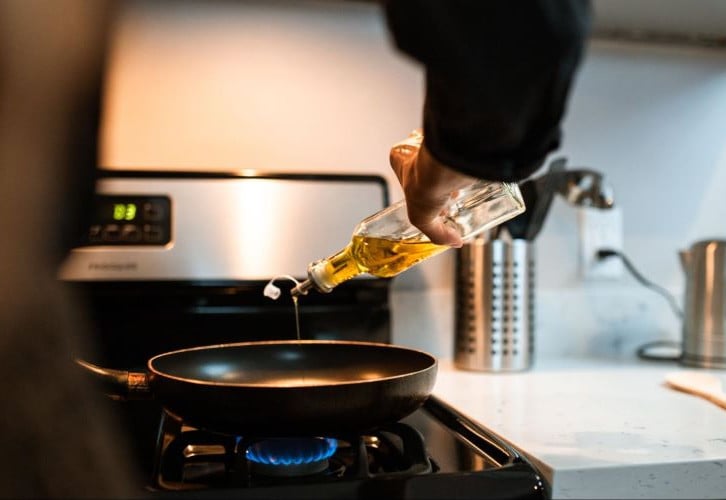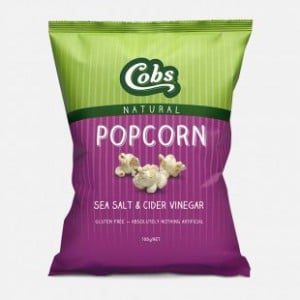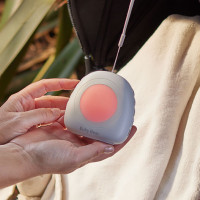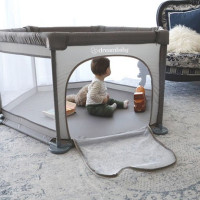Every parent knows that the dinner time rush is hectic. Some of us have to cater for different eaters, while others juggle meal prep with homework, household chores and life advice. It’s easily the worst time of day to solve a problem like smelly drains in the kitchen.
You have other tasks to tackle. That’s why it’s so easy to scrape leftovers into the sink without a second thought. Sadly those cooking and cleaning shortcuts can prove troublesome.
Long term clogs and off putting odours are in abundance when you dump grease and food scraps down the drain. To avoid ongoing woes – or the need to call in a plumber – the team at Metropolitan Plumbing recommend following these handy cooking tips to protect your drains. The kids can also benefit from these quick and easy kitchen cleaning tasks!
Dispose of your Oil and Grease Properly
Positive kitchen habits start with how well you dispose of oil, grease and fat. These oily substances congeal and harden when left to sit. You can imagine exactly what happens after pouring used oil down the drain.
Fatty substances are one of the most common causes of blocked kitchen drains. On their own, they restrict water flow. That’s why drains can gurgle and bubble as the water flows down. Other food scraps also stick to the greasy blobs, leaving you with an obstacle course inside the plumbing.
And then there’s the smell. Used cooking oil and fatty grease from meat does not smell good. The unpleasant aroma hangs around in your drains and will really make your nose hairs tingle once it starts to go off.
So, how do you avoid all this drama? Place any fat, oil or grease into disposable containers, freezer bags or even aluminium foil (if it’s more solid). You can even wipe off smaller amounts with a paper towel. So instead of tipping frying pan leftovers down the kitchen drain, you’re safely pouring it into a container that goes straight to the rubbish bin. This works for liquids or hardened solids.
Stop pouring cooking oil down the drain to save time. Correct disposal of oil and grease will help get rid of those smelly drains in the kitchen.
Remain Prepared Before Cooking
If you know you’re cooking something that produces fatty run-off or waste, have some containers at the ready. A good collection of affordable plastic containers is handy as you can easily grab one for cleaning up.
Too often we fall in the trap of conveniently rinsing something down the drain. We know it should go in the bin, but it’s just easier if you’re already at the sink. Flip the script and with the right tools you can practise good habits
The kids can help too. Just make it a part of the post-dinner clean up like drying the dishes! It’s the kind of task that will also help any teenagers who are preparing for their first job at a fast food outlet or takeaway shop. Besides, no one should be afraid of getting their hands dirty if it will keep your kitchen smelling nice.
Use Cold Water for Rinsing, Not Hot Water
It’s impossible to keep all fat and oil out of the drain. Some small amounts will end up in the sink and that’s okay. Now, here’s the trick: at first you don’t want to use hot water to rinse frying pans or roasting trays.
Hot water softens fat and grease. Although that is seemingly a great way to make your dishwashing easier, your kitchen drains will not love it. Those substances will harden once cooled inside the drains.
Instead, use cold water to rinse away those pesky fatty substances. The grease will remain solid and the small amounts that are washed down will move safely through your plumbing.
Do Not Put Food Scraps Down the Drain
This goes without saying to avoid smelly drains in the kitchen. Food scraps do not go down the drain. Even those tiny leftover two minute noodles! It’s a good reminder for partners, kids and yourself.
Proper disposal is always beneficial. A small amount of waste might seem harmless. However, when you’re dumping food into the sink day after day, you will end up with blocked kitchen drains. You might even end up with a clog further down the sewer drain and that could lead to some costly plumbing work.
A spoonful of leftovers is better scraped into the rubbish bin or a compost bin. It’s a good habit that helps the dishwasher as well. There are no nasty chunks floating around in soapy water, impacting the cleanliness of glasses, plates and cutlery.
Especially Avoid Starchy/Fibrous Food in the Drain
Maybe you have a bit of mashed potato leftover, something nice and soft. Seems easy enough to rinse down the kitchen sink? Nope.
Foods with high amounts of starch and fibre are especially bad for drains. They require extra work to break down – even inside our stomachs. So be sure to avoid rinsing down scraps or leftovers from potatoes, rice, celery, pasta, broccoli, etc.
Durable foods do not deserve a place down your drains. And you certainly don’t want bad smelling kitchen drains because your food gets stuck and rots.
Invest in a Kitchen Compost Bin (and Good Green Bin Habits)
Australian households create a whopping 2.5 million tonnes of food waste every year. That’s a lot of rubbish that could be put to better use, like compost!
Composting your organic waste is educational for kids and a clear alternative to dumping scraps down the sink.
You can compost all fruits and vegetable scraps, coffee grounds, tea bags and egg shells. Even things like paper, dust, cardboard and vegetable oil can be composted. Just be sure not to compost any meat (including bones), grease or dairy products.
Once added to your garden you can enjoy the benefits of improved soil quality and additional nutrients for homegrown fruits, vegetables and plants.
Less household waste and landfill also benefits the environment. You can give the kids a handy lesson on recycling and looking after the environment without making it feel like they’re at school.





















8:13 pm
-

-
-
-
mom160270 replied
- 28 Feb 2022 , 9:27 pm
Reply7:16 pm
12:11 pm
9:19 pm
9:05 pm
8:04 pm
3:53 pm
2:40 pm
2:08 pm
11:49 am
7:17 am
1:42 am
10:35 pm
10:06 pm
9:40 pm
- 1
- 2
- »
Post a comment